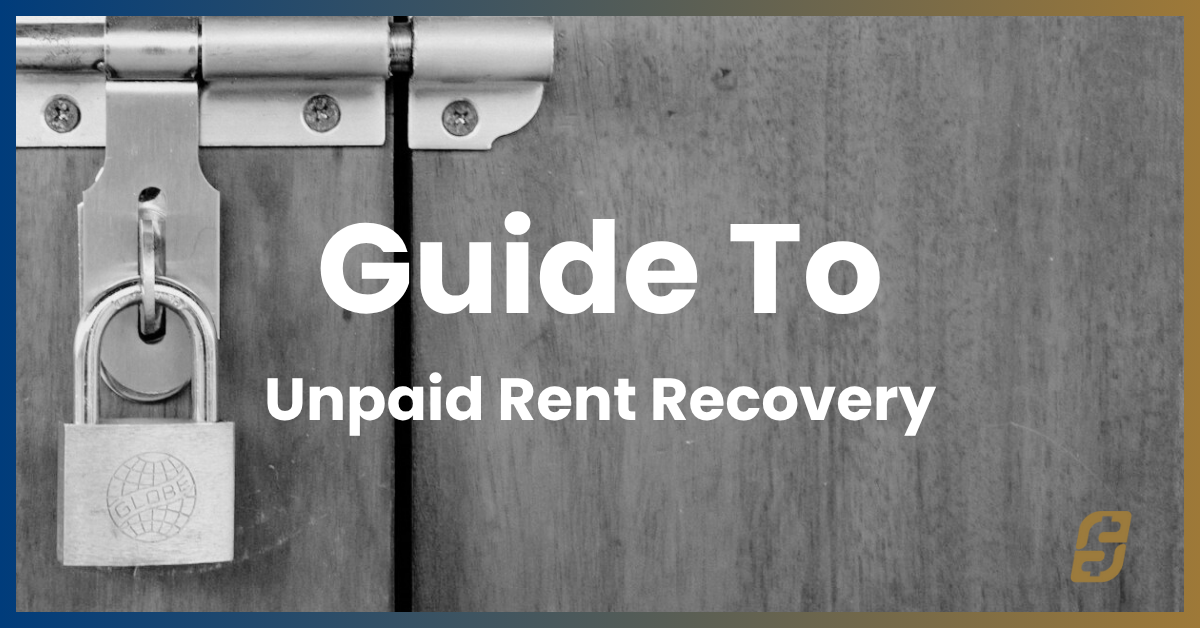Legal Debt Collection & Debt Recovery Knowledgebase
Managed by Rule & Co. Advocates & Solicitors
Contact Us for a FREE case assessment
What This Site Is
RecoverDebt.my is a Malaysian debt recovery & debt collection knowledgebase. It explains how debts work, how the law treats unpaid invoices, and the steps you can take when someone refuses to pay. You get clear guides based on Malaysian law.
What You Get
You get articles, checklists, templates, and walkthroughs for business owners and individuals. Everything is practical and supported by real scenarios so you can understand your rights and options.
Need to Recover / Collect a Debt?
RecoverDebt.my is an independent learning platform. If you need a lawyer to act for you, visit www.rulecolaw.com
Who We Are
Debt Recovery Focused Law Firm
Founded in 2016, Rule & Co. Advocates & Solicitors is a Malaysian law firm focused on legal debt recovery.
1000+ debt cases handled for businesses and individuals
Legal, compliant and cost effective pre-court & court solutions
We also offer general litigation and corporate/commercial legal services.
Why Choose Us?
Specialized Experience
Since 2016, our journey has been focused on mastering the intricacies of debt recovery across various industries.
Expertise Across Industries
Whether it’s finance, healthcare, or manufacturing, our team has successfully managed debt collections in a diverse range of sectors.
Regional Knowledge
Our expertise isn’t just limited to Malaysia. We have a proven debt recovery track record internationally.
Efficient and Effective
With our tools and experience, we ensure quick and effective recovery of your debts, aligning with your business goals.
Latest Articles
Request a Free Consultation
FAQ
The cost of debt collection in Malaysia depends on the agency’s fee structure and the complexity of the debt situation. It’s advisable to get a clear understanding of all potential costs before engaging an agency. Contact us at Rule & Co. to discuss the fee for your case.
In Malaysia, the Limitation Act 1953 typically sets a limitation period of 6 years for most debts. After this period, a creditor may not be able to enforce legal action to collect the debt. However, this does not mean the debt is erased; it just becomes unenforceable in court.
To legally collect debts, you should follow the legal framework, which includes sending a formal demand letter, negotiating payment terms, and possibly engaging a licensed debt collection agency. If these steps fail, legal action through the courts may be necessary.
- Initial contact: The creditor or a debt collection agency contacts the debtor to inform them of the outstanding debt.
- Verification: The debtor is given the opportunity to verify the debt details.
- Negotiation: The creditor and debtor negotiate payment terms, which might include a payment plan.
- Reminder communications: If the debtor fails to respond or pay, further reminders and notices are sent.
- Final notice: Before proceeding to legal action, a final notice or demand letter is usually sent, warning of potential legal consequences.
- Negotiated settlements: Agreeing on a reduced payment amount or a payment plan.
- Mediation or Arbitration: Using a neutral third party to help reach a mutually agreeable solution.
- Debt restructuring: Altering the terms of the debt agreement to make repayment more feasible for the debtor.
- Selling the debt: Transferring the debt to a third party, often at a reduced amount.
- Writing off the debt: In some cases, particularly if the cost of recovery is likely to exceed the amount of the debt, a creditor may choose to write off the debt as a loss.
- Restructuring or reorganisation: This involves restructuring the company’s debts and operations to improve financial stability.
- Voluntary arrangement: The company can enter into an agreement with its creditors to pay off debts over time.
- Mergers or acquisitions: The company could merge with or be acquired by another company.
- Selling the business or assets: Selling parts of the business or assets to pay off debts and keep the company afloat.
- Temporary suspension of business: Temporarily ceasing operations to stabilize finances.
- Liquidator’s fees: Payment for the services of the liquidator.
- Legal fees: If legal proceedings are involved.
- Administrative costs: Costs associated with notifying creditors, holding meetings, and other administrative tasks.
- Disposal costs: If assets need to be sold or disposed of.
- Settlement of debts: Payment of outstanding debts to creditors.
- The total cost can vary widely depending on the size and complexity of the company and the winding-up process.



